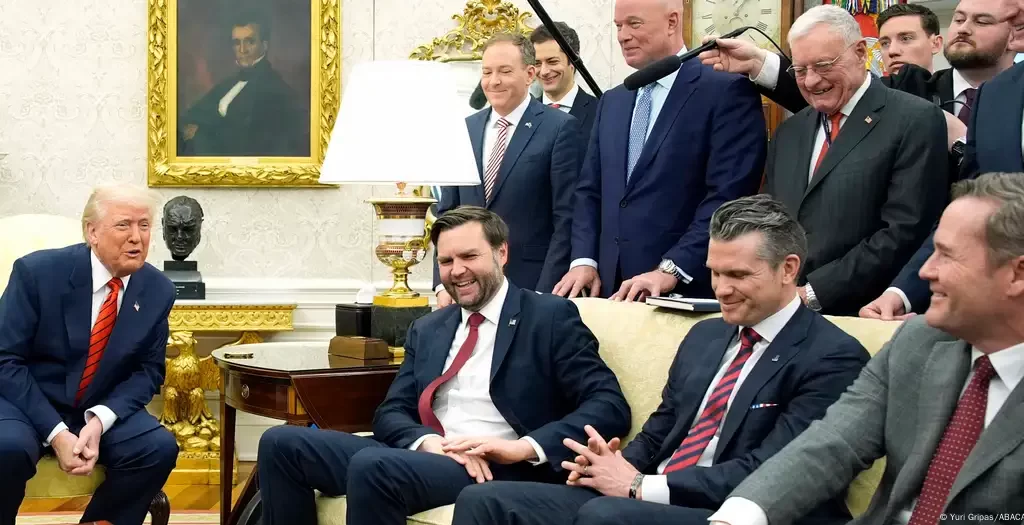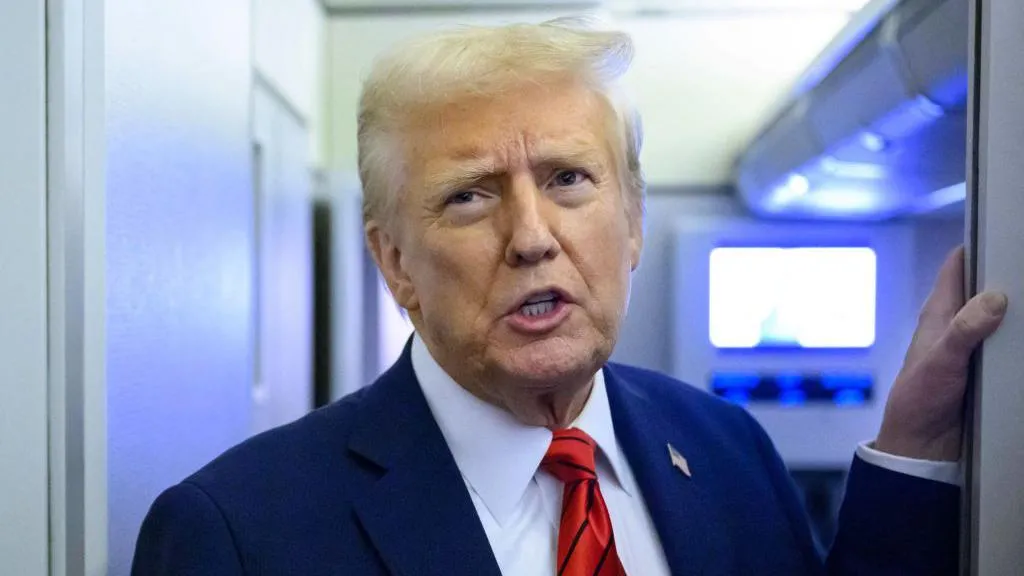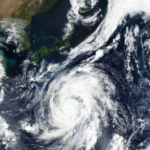Jeffrey Goldberg, editor-in-chief of The Atlantic, claim on Monday post that he was unintentionally included in a Signal messaging app conversation group discussing plans for US airstrike against the Houthi rebel organization in Yemen.
In response to Newsweek’s inquiry about the apparent security breach. Pentagon directed the publication to the National Security Council. The NSC did not immediately respond to a request for comment. But a spokesperson had previously confirmed to Goldberg that the Signal group chat “appear to be an authentic message chain.”
Table of Contents
ToggleThe Significance of It
Yemen’s health ministry, which is controlled by the Houthi, reports that 53 people were killed when a round of U.S. aircraft struck Houthi targets on March 15. In the days that followed, there were more airstrikes.
Details of US military activitie are not allow to be share on publicly available platforms like Signal. And a number of security experts believe the chat group may have broken the Espionage Act. Prior to the 2016 presidential election. Donald Trump focused aggressively on Democratic challenger Hillary Clinton’s use of a private email server for official business as secretary of state.
Vance queries Trump's reasoning
The account, JD Vance, wrote: “I think we are making a mistake.” Goldberg reported this on the military action.
Because Europe has more traffic through the Suez Canal than the US. The vice president claim that Europe benefit more from striking Houthi forces that are attacking vessels in the canal.
Vance continued by saying that it’s possible his employer didn’t realize how US action may benefit Europe.
“I am not sure the president is aware how inconsistent this is with his message on Europe right now,” added Vance. “There’s a further risk that we see moderate to severe spike in oil prices.”
The vice president continued by saying that, in Goldberg’s opinion, he would agree with the consensus but would rather wait a month.
What did the Signal group chat contain?
Plans for attacks against Houthi rebels in Yemen were discussed in a conversation called “Houthi PC small group,” according to Goldberg.
Goldberg stated in the group conversation that he was given hours’ notice. He continued to believe the group was phony, but upon learning of the US bombings in Yemen, he came to believe it was authentic.
“Having come to this realization, one that seemed nearly impossible only hours before, I removed myself from the Signal group,” he stated.
“The message thread that was reported appears to be authentic, and we are reviewing how an inadvertent number was added to the chain. National Security Council spokesman Brian Hughes told the AFP news agency on Monday.
Regarding the Signal group conversation, what was said by Pete Hegseth?
Reporters were denied access to war plans by the US secretary of defense.
Hegseth told reporters in Hawaii, “That’s all I have to say about that: no one was texting war plans.”
He label Goldberg “deceitful” and a “discredited so-called journalist,” alluding to The Atlantic’s negative coverage of President Trump.
When asked about his Cabinet colleagues using Signal to discuss military plan, Trump responded, “I don’t know anything about it.”
Later, White House Press Secretary Karoline Leavitt said, “President Trump continues to have the utmost confidence in his national security team. Including National Security Advisor Mike Waltz,” who appear to have brought Goldberg into the conversation.
What was written in the Signal chat by JD Vance?
The Atlantic obtain image of the conversation in which a person claiming to be Vice President. Vance voiced skepticism about new US attacks on the Houthis, stating that he detested “bailing Europe out again.”
According to someone who was thought to be Hegseth, he shared Vance’s “loathing of European freeloading.
What was the response of Democrats?
Hakeem Jeffries, the top Democrat in the House, Stated that Congress should look into the incident in order to determine what went wrong and to stop. This type of national security breach from ever happening again.”
Pat Ryan, a Democrat who serve on the Armed Services Committee, posted on social media. “I’ll do it my damn self if House Republicans won’t hold a hearing on how this happened IMMEDIATELY.”
Why did the United States attack Yemen?
The Houthis started launching missiles toward Israel and international maritime routes in the Red Sea shortly after Israel launched its war in Gaza in response to Hamas-led terror assaults in Israel on October 7, 2023.
According to the Iran-backed outfit, it was an attempt to back Hamas and the Palestinians. Despite ordering many strikes against the Houthis. US President Joe Biden was generally unsuccessful in bringing stability back to the area.
Germany and the United Kingdom were among the European nations who provided military support for the missions. The Houthi militia halted its attacks during the Israeli-Hamas ceasefire earlier this year. But they resumed once Israel reopened its operations in Gaza.



